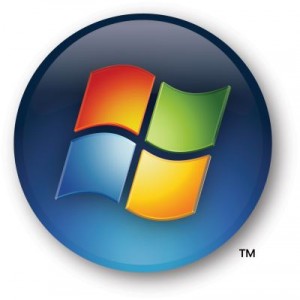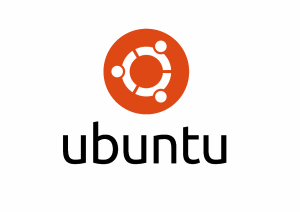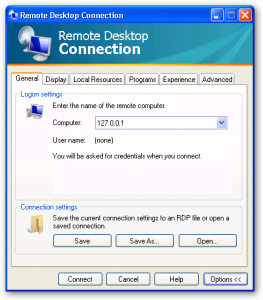Endpoint security management is all about adequately securing such endpoints and thereby securing a network by blocking access attempts and such risky activities at endpoints. A critical factor in securing such endpoints is proper physical security to prevent unauthorized access to, and damage to, the physical components. The physical security measures which should be followed, if at all possible, include proper alarm procedures, properly installed security cameras and fire and smoke detection systems.
If the physical security of the endpoint can’t be controlled properly, the entire network is at risk. The security policies should be reviewed periodically to ensure they are still effective. The network should be inspected periodically to ensure that it has been changed as needed, be sure to learn more here.
Do: Provide for regular and consistent security patches and upgrades to your network security, as well as regular network assessments to ensure that the equipment is functioning as designed.
Don’t: Use any services other than those specifically provided by your own network providers.
Protecting the data on your network means protecting the data on all networks in your organization. A firewall should be placed on all networks and servers in your organization. Your company should have a security compliance team. If there is no compliance team, then the threat is probably not very serious. A network firewalls is one of the best ways to protect your network from hackers. But, this does not mean you should ignore the needs of the other team members. The other team members are not your enemy. They will be using your network as they work on their products and you will find that they are just as vulnerable as you.
Know your network and security protocols. Don’t assume that your computer has been compromised. I use WinDirStat and Malwr to get a quick overview of my network. Also, don’t assume that you can just go to your favorite website and be secure. Remember that everyone in the Internet is not a security expert. Always look for the security logs and other indicators. In many cases, your favorite website is in fact vulnerable. For example, you may see that a domain name is set up for the purpose of making it easy to hack your bank, or a web page is using a “logged in” user to generate a small portion of its page view count. All the best!
If you find that the site you’re trying to access is running on a web server that is currently vulnerable to attack, you should make it clear that you are aware of the vulnerability and, if there is a “hacker attack” alert at your bank account, you should tell your bank immediately.



